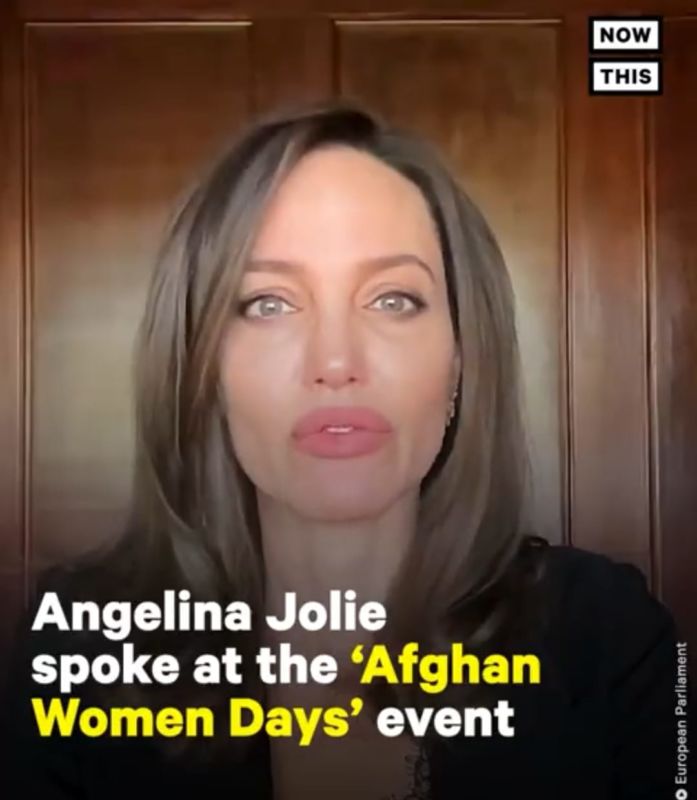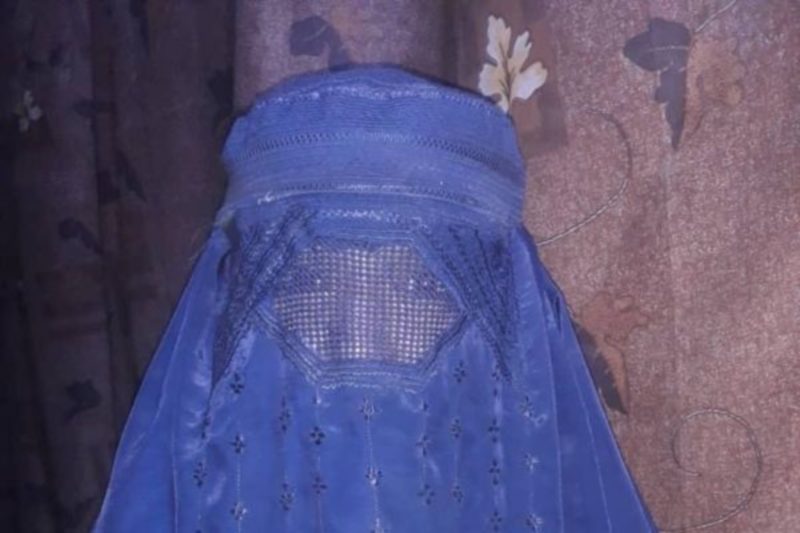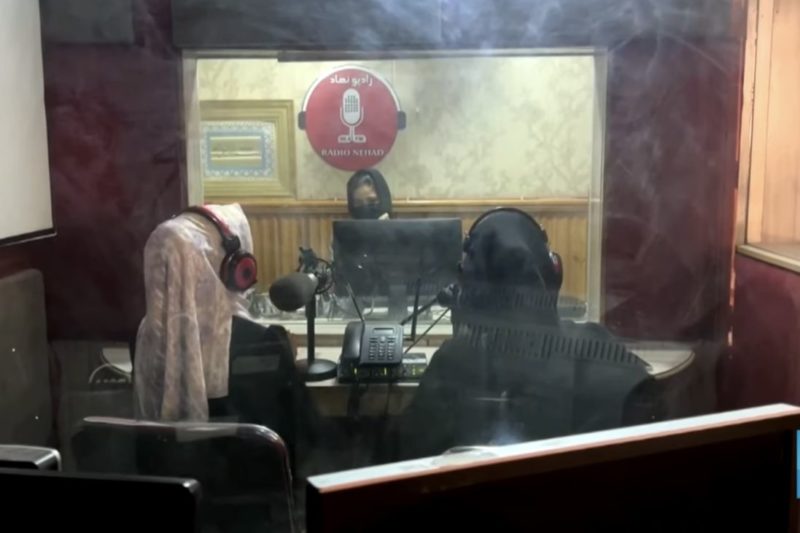Angelina Jolie: Do not recognize the Taliban!

Six months after the fall of the Taliban in Afghanistan, the European Parliament launched a two-day event called "Afghan Women's Days" in Brussels.
Afghanistan’s fall, and its capture by the Taliban, began following a full-blown military coup and the coordination of foreign governments with fugitive President Ashraf Ghani, which resulted in negotiations between the United States and the terrorist groups, who remain on the UN-US blacklist.
At the heart of the negotiations was Zalmai Khalilzad – a well-known and widely criticized political figure and diplomat. The Afghan-American, who was appointed as the US peace envoy following the Bonn Conference on Afghanistan in 2001, signed the agreement with the Taliban on 29 February 2020, in Doha, Qatar.
The full nature of the agreement remains unclear to ordinary Afghans but paved the way for an interim government and bringing the Taliban to power.
The signing of that agreement, which supported the continuation of the puppet US government until 15 August 2021, signaled the fall of Afghanistan. The 20-year regime and fledgling democracy collapsed. Afghanistan went back to the dark days of 1996.
In those 20 years, huge sums of money were poured in to Afghanistan for growth and development. Millions of children were able to go to school, hundreds of thousands of women were employed in various political, social, and commercial sectors, however, these years also resulted in the deaths and injuries of thousands of Afghan civilians and soldiers.
Considering the demands of the Afghan people
What took 20 years to build was all shattered in an instant.
Major achievements, such as freedom of expression, the right to work, education and the participation of women in all political, military, social and economic sectors in the last two decades, of which western countries and the Afghan rulers were proud, were obliterated within 24 hours. History took a strange turn and everything disappeared in the blink of an eye.
Now women do not have the right to work, study or leave home without a mahram (a male escort).
Six months after the fall, the European Parliament launched a two-day event called “Afghan Women’s Days” in Brussels, the capital of Belgium. Women politicians and former government officials and world-renowned figures, including Hollywood stars, showed their support for Afghan women, who lack the most basic human rights.
The meeting was opened by Roberta Metzula, Speaker of the European Parliament, who condemned the “systematic gender discrimination against Afghan women by the ruling regime” and called on the EU to take a strong stand on women’s rights and their access to education, employment and inclusion. She called on the world to prioritize women’s rights in dealing with the Taliban, and even to make women’s rights a precondition for any engagement with the regime.
The key issue, raised by everyone in this very impressive two-day meeting, was the non-recognition of the Taliban by the world.
In a video message sent to the meeting, Angelina Jolie spoke for Afghan women and praised their courage in fighting for their rights to return to their schools and work. She called on the Taliban to release Tamana Zaryab Parwani, Parvaneh Ibrahimkhel and several other human rights activists. She said it was too late for the Taliban to suppress the sense of freedom and thought of Afghan women, and called on world leaders to hold the “Afghan government accountable for violating women’s rights”.
Well-known Afghan singer Aryana Saeed, who was well received with her song Lady of Fire, also called on the parliament not to recognize the Taliban.
Despite the impressive line-up of speakers, this two-day meeting, which was expected to develop major practical solutions with short-term and long-term plans, failed to achieve its goals.
Some of us, myself, Houriya Mossadegh, Manijeh Naderi and Hada Khamoush, who were among the participants, came up with fundamental demands, such as the need for a change of regime, holding a referendum and considering the demands of the Afghan people.
We criticized world leaders, especially from the European countries, and called on them not to ignore the injustices done to the Afghan people by the Taliban during this period, and to consider their actions as a crime against humanity. Many Afghan citizens have been detained by the Taliban, imprisoned, forcibly relocated, forced to marry and many have disappeared. Their fate is unknown to this day.




